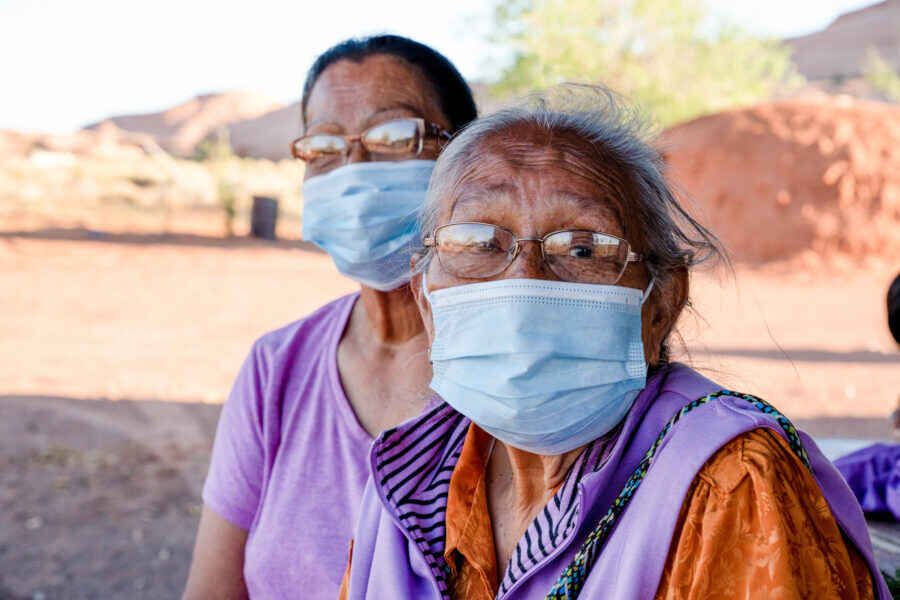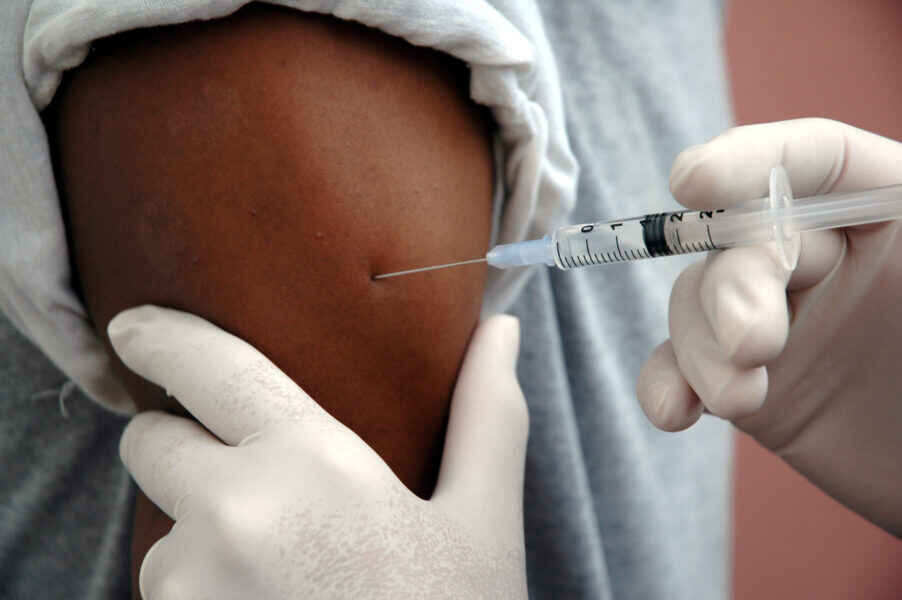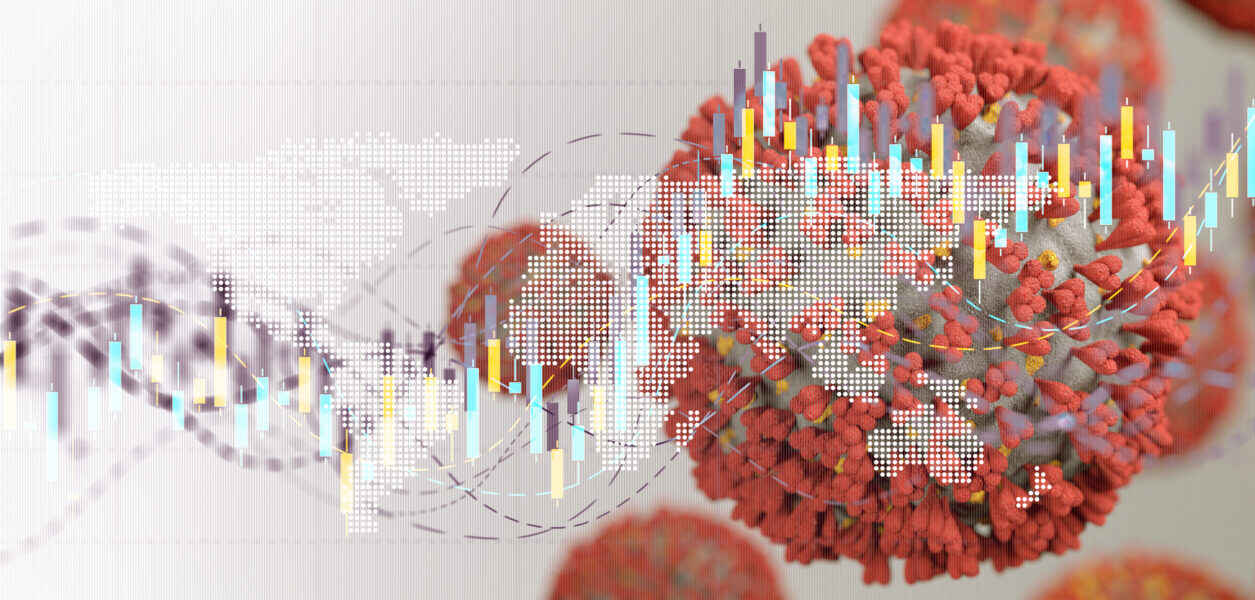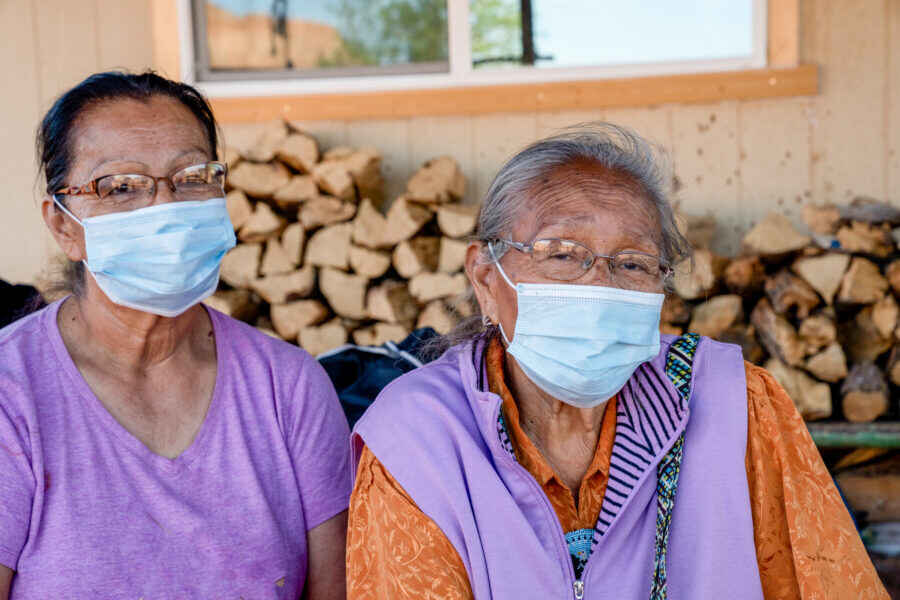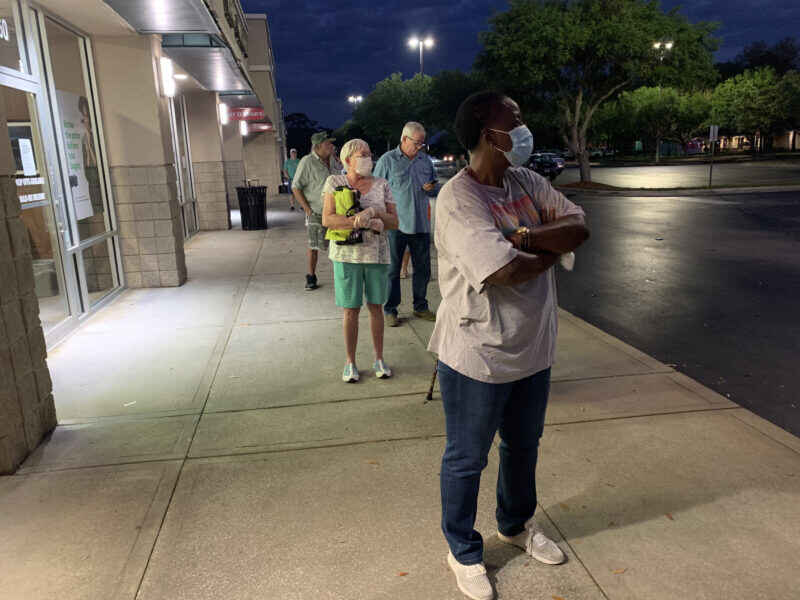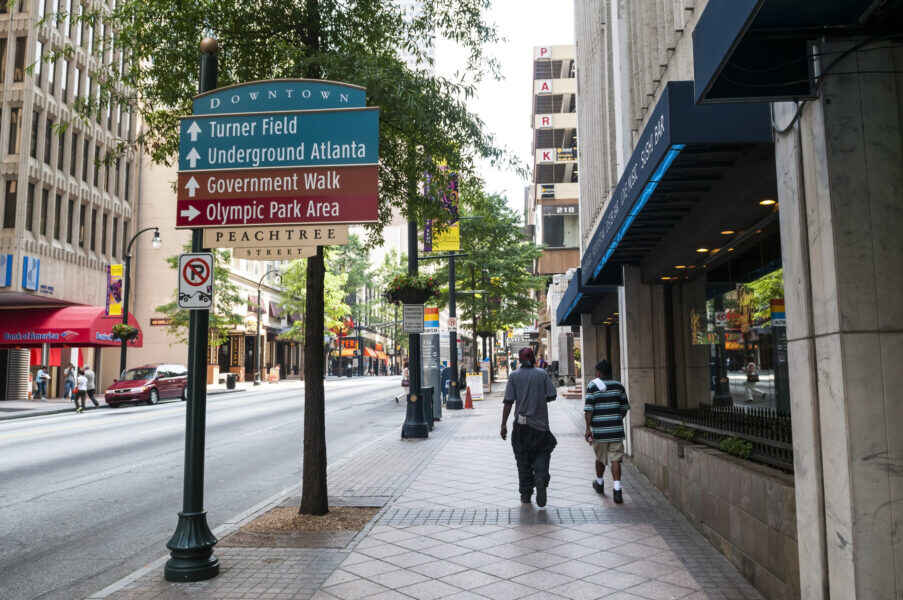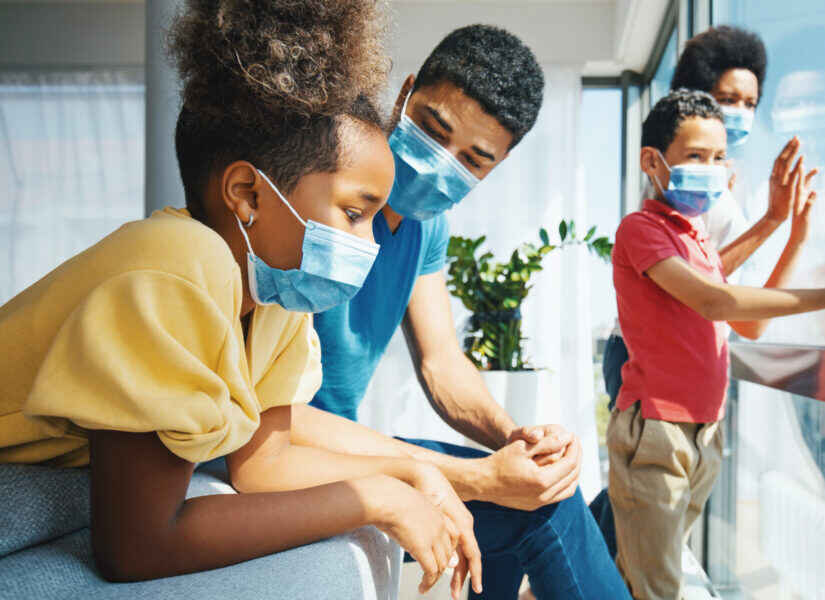
Public Health Decision-making in the COVID-19 Era: Act, but be Cautious
Law & Policy InsightsCOVID-19Public Health Advocacy and Decision-MakingBy temperament, I’m generally an aggressive interpreter of state public health codes. In normal times, I argue for an expansive interpretation of health officers’ authority to protect the public’s health. But these are not normal times. A non-trivial portion of the public believes the coronavirus is a hoax and mask-wearing mandates are tyrannical. One result of this resistance is that public health officials have been attacked and threatened for issuing or enforcing COVID-19 mask-wearing or stay-at-home orders. Health officers cannot ignore the potential threats to their personal safety. Depending on the local political environment, some caution is called for—caution, not acquiescence.

